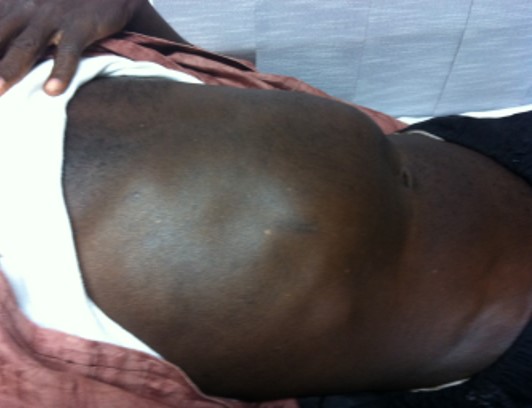The HC4 case-control study
This study, led by Dr Ramou Njie and Dr Maud Lemoine in The Gambia, has enrolled about 500 patients with suspected or confirmed liver cancer and has been completed in 2016. Patients with liver cancer were mainly infected with HBV, they were young (below 40 years) and presented at a very late of the disease with very poor survival as illustrated in the figure below.
The main objectives of this study were:
-
To identify the main risk factors for HCC in a West African population using a case control clinical study design
-
To demonstrate that the treatment of chronic HBV infection is feasible and an effective method of reducing the incidence of HCC in resource poor settings.
-
To demonstrate that HCC can be detected early and treated effectively in patients
-
To identify HBV and HCC biomarkers for the development of simple diagnostic tests (Ladep et al Hepatology 2014)
-
As part of this study we found that access to palliative care needs to be improved urgently; only a minority of patients with HCC received effective pain killers (Njie et al. Palliative Med 2015)

Patient with a large HCC related to HBV
